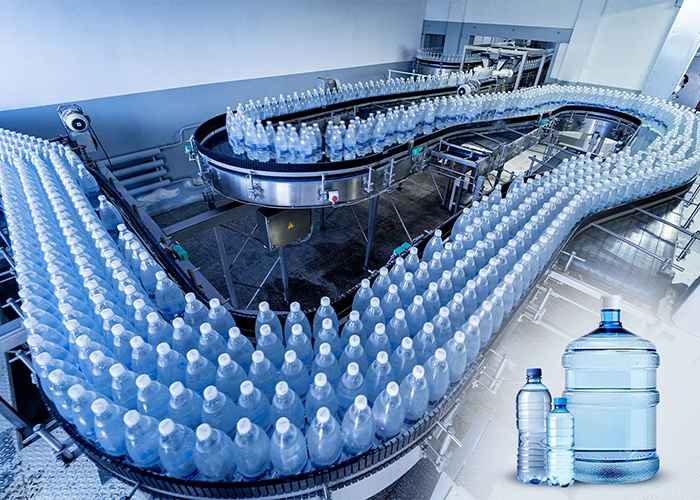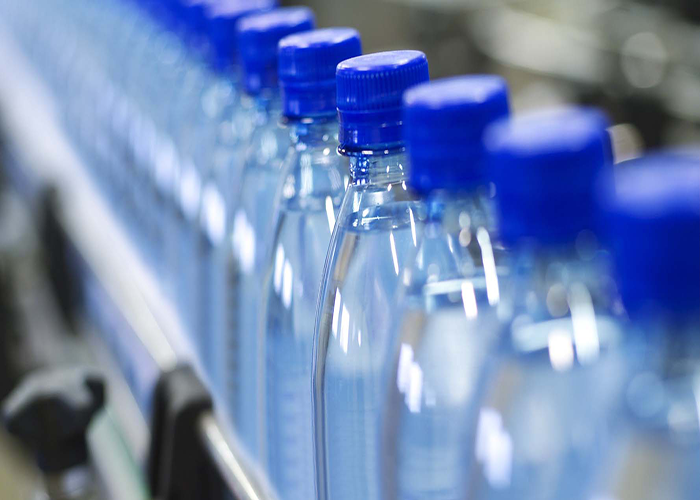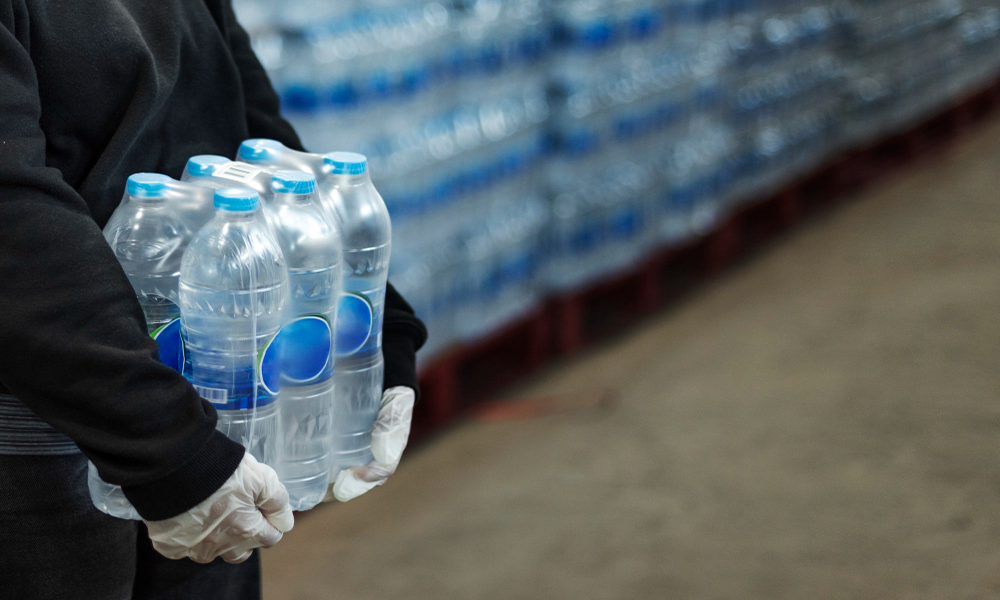Potable Water Industries in India: Water and Wastewater Management Using STP, ETP, WTP, WWTP, RO & More Technologies

Potable water industries play a pivotal role in ensuring the supply of safe drinking water across urban and rural India. These industries are responsible for sourcing, treating, packaging, and distributing clean water for human consumption, a mission that demands stringent water quality standards and advanced treatment systems.
With its growing urban population and industrial presence in Maharashtra, potable water industries are rapidly expanding. From bottled water units in Pune to municipal water treatment plants in Mumbai, the sector addresses both demand and quality concerns. Maharashtra's government also supports public-private partnerships to strengthen potable water treatment and distribution infrastructure.
High-quality water is Essential for Purification, Packaging, and Distribution in Potable Water Industries.
Water is the primary raw material for potable water industries, and its purity directly impacts public health and safety. Industries must source large volumes of raw water, which undergoes extensive treatment to meet national and international drinking water standards.
This treated water is used in packaging units, filling stations, and supply pipelines. It's also utilized to clean equipment and maintain hygienic operations. In regions with high demand or poor source quality, industries often depend on technologies like RO, UV, and ozone disinfection to ensure safety and regulatory compliance.
Filtration, Backwashing, and Cleaning Operations Contribute to Wastewater Generation in Potable Water Units
Though potable water production aims to deliver clean water, the treatment process generates significant wastewater. Filtration systems require regular backwashing to flush out contaminants, creating effluent streams containing sand, silt, and biological matter.
"In the potable water industry, every drop matters. Pure water is more than a product—it's a responsibility. Efficient use, recycling, and treatment of water are essential not just for compliance, but for the sustainability of life itself."
Additionally, cleaning and sterilizing tanks, pipes, and filling equipment contribute to wastewater containing detergents, sanitizers, and suspended solids. While the volume may vary, this wastewater must be treated before disposal or reuse to avoid health and environmental hazards.
Potable Water Production Generates Filter Backwash, RO Reject, and Cleaning Wastewater
Potable water plants produce different types of wastewater at multiple stages of operation. One common type is backwash water from sand and multimedia filters, which are loaded with sediment and organic matter. RO systems also generate reject water containing concentrated salts and other impurities.
Additional wastewater, containing chemical residues and microbial loads, arises during tank and pipeline cleaning cycles. All these waste streams must be carefully monitored and treated, especially in facilities aiming to meet Zero Liquid Discharge (ZLD) or environmental safety norms.
Industries Use ETPs, Sedimentation, and RO Recovery Systems to Treat Process Wastewater
Potable water industries employ various wastewater treatment systems to ensure compliance and reduce environmental impact. Effluent Treatment Plants (ETPs) are commonly used to remove suspended solids, chemical residues, and pathogens from wastewater generated during treatment.
Techniques like sedimentation, filtration, and disinfection are standard, while RO rejection is often processed through evaporation or dilution systems. Treated wastewater may be reused for cleaning or landscaping within the facility, helping reduce overall water consumption and achieve operational sustainability.
Smart Water Technologies Help Potable Water Industries Recycle and Reuse Water Efficiently
Advanced water management systems are becoming common in potable water industries, especially those targeting sustainable operations. Technologies like membrane bioreactors, nanofiltration, and ozonation help treat and reuse water within the plant itself.
Automation tools monitor real-time parameters like turbidity, TDS, and microbial content, enabling immediate corrective actions. By integrating these technologies, industries reduce water wastage, minimize their ecological footprint, and ensure consistent safety and environmental regulations compliance.
We Offer Tailored Solutions for STP, ETP, WTP, WWTP, and RO Plant Installations and Support
We specialize in end-to-end water treatment solutions for potable water industries. From initial assessment and design to installation and maintenance, our services cover every water and wastewater management aspect.
Our team ensures your plant meets BIS and WHO water quality standards through customized systems, including STPs, ETPs, WTPs, and advanced RO units. We also offer automation integration for real-time monitoring, making operations more efficient and regulatory-compliant.
Conclusion: Potable Water Industries and Water Treatment Plants

Sustainable Water Management in Hospitals Ensures Safety, Compliance, and Environmental Stewardship
Potable water industries are central to public health and require rigorous water and wastewater management practices. As demand grows, so does the need for sustainable, efficient treatment technologies. With systems like STP, ETP, WTP, WWTP, and RO, these industries ensure the purity of drinking water and environmental stewardship through effective wastewater treatment. Our customized services support this vital industry in achieving clean, safe, and sustainable water solutions.

